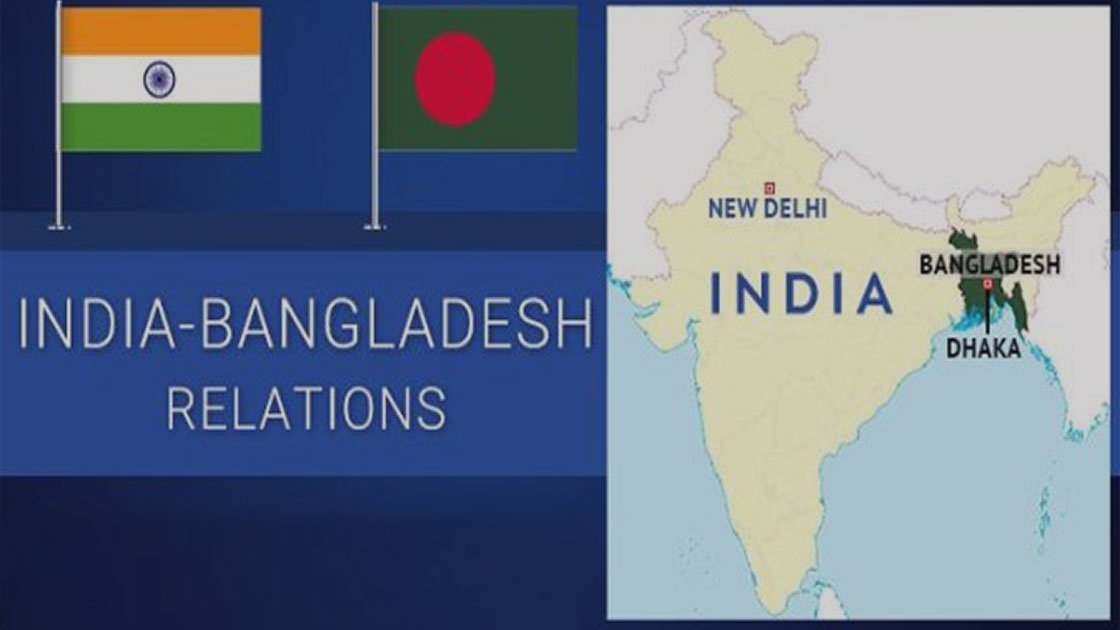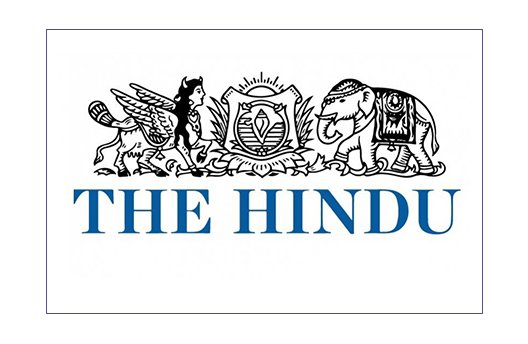India and Bangladesh share a great relationship, but areas of concern remain

Frequent meetings between neighbours are hallmarks of a strong friendship, and Bangladesh Prime Minister Sheikh Hasina’s four-day India visit, the first full bilateral meeting since both countries went to polls, marks a new chapter between New Delhi and Dhaka. The two nations have come closer over a decade-long engagement that began with Ms. Hasina’s return to power in 2008, with an improvement in the strategic sphere, and alignment on regional and global issues, connectivity and trade. During this visit, the two countries have committed to upgrading port facilities, implementation of India’s under-utilised Lines of Credit, a coastal surveillance system, and agreements on education, culture and youth. They will also coordinate better border management and counter-terror cooperation, and are also working on a regional trilateral energy sharing arrangement with Bhutan. Mr. Modi and Ms. Hasina inaugurated three projects, which includes one for the availability of LPG to India. Where they have failed to make headway yet, despite many forward-looking paragraphs in the joint statement, is on river-water sharing agreements. Chief among them is the Teesta agreement, for which a framework agreement was inked in 2011, but which has not moved forward since, chiefly because of tensions between the Central and West Bengal governments. The long-pending upgrading of the Ganga-Padma barrage project, the draft framework of interim sharing agreements for six rivers — Manu, Muhuri, Khowai, Gumti, Dharla and Dudhkumar — as well as the draft framework of interim sharing agreement of the Feni river are also pending. This task must not be taken lightly between two countries that share 54 transboundary rivers, and where water management is key to prosperity, and often a source of tensions and humanitarian disasters.
Growing concerns in Bangladesh over the National Register of Citizens (NRC) in Assam are another source of tensions, and the government must not ignore questions Ms. Hasina raised with Mr. Modi, in New York and New Delhi. While Bangladesh appears to have taken at face value the explanations by Mr. Modi and the External Affairs Minister that the NRC is in its early stages, that it is a judicial process, and is at present an internal matter for India, it is worried by statements to the contrary by Home Minister Amit Shah. Even in the past week, he has said that India will deport all non-citizens — he has often called them “termites” — and has taken credit for the NRC as a policy the government will pursue across the country, rather than a court-mandated process. The divergence in the two sets of statements proffered by New Delhi will ensure the issue gets raised again and again by Dhaka, and could cast a shadow over what one Bangladesh official otherwise described as the “best of the best” of ties between two neighbours.
Source: The Hindu




